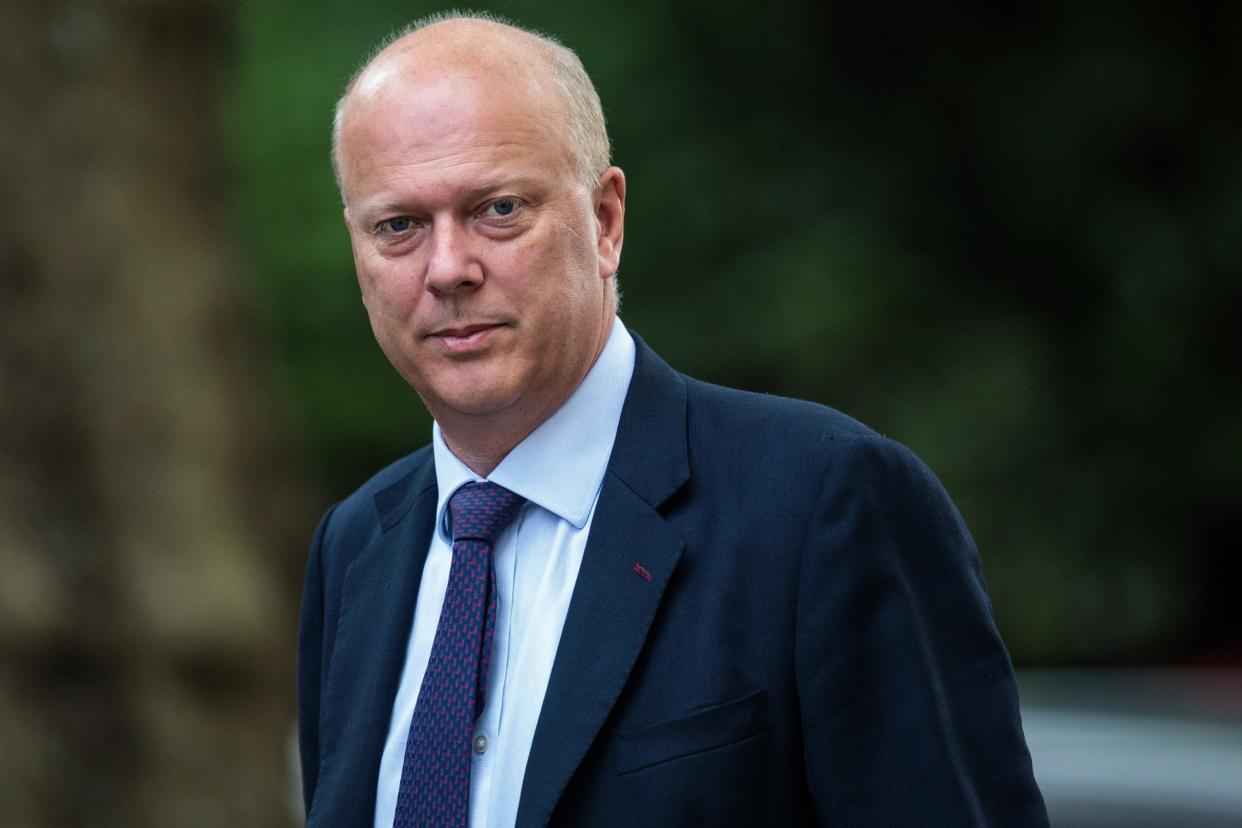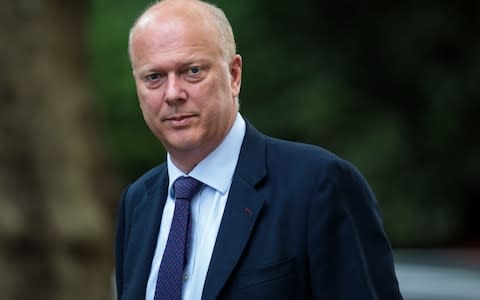Timetabling chaos caused by lack of leadership, inquiry finds, as Chris Grayling promises rail 'revolution'

Summer timetabling chaos was caused by a lack of leadership within the government and the railway industry, an official inquiry has found as Chris Grayling signalled a “revolution” is needed to make Britain’s trains fit for the 21st Century.
The Office of Rail and Road said the industry had “placed engineering and planning concerns ahead of serving its passengers” while Network Rail and the Department for Transport had failed to adequately understand the risk of major disruption.

The publication of the ORR report comes as the Transport Secretary announced a wholesale review of the rail industry which could consider renationalisation.
Mr Grayling has appointed Keith Williams, the deputy chairman of John Lewis, to lead the probe and he will be responsible for setting the review’s terms of reference and whether it should include an examination of nationalisation, one of Jeremy Corbyn’s most popular policies.
Writing in the Daily Telegraph, Mr Grayling said he opposed a return to public ownership but he insisted timetabling woes and the collapse of the East Coast franchise had shown “evolution is no longer enough” as he called for “radical change” to improve services.
The ORR report is likely to lead to renewed pressure on Mr Grayling after it concluded the Department for Transport had the power to avert the timetabling crisis.
The report said Mr Grayling’s department, as well as the ORR itself, have responsibility to oversee Britain’s railways but neither “sufficiently tested the assurances that they received from the industry about the risk of disruption, despite having information and powers that would have allowed them to do so”.

The report criticised Network Rail, the public body responsible for maintaining track and which managed the timetable process, which it said was in the “best position to understand and manage the risks, but did not take sufficient action”.
It also warned of an “apparent gap” in responsibility and accountability, with the industry needing to change to address the issue in comments likely to spark speculation a new rail authority may be established.
Mr Grayling will hope his announcement of a “root and branch” review will help win back the trust of disillusioned passengers who have suffered delays and increasing fares.
The review will be seen as a clear attempt by the Government to neutralise Labour on a key election issue but it also presents potential political risks for Mr Grayling.
If the review does consider nationalisation it could play into Labour’s hands by putting the subject formally back on the table while any decision to exclude the issue could spark accusations of predetermination.

Mr Grayling made clear his opposition to nationalisation but ultimately did not rule out the issue being examined.
He said a return to public ownership would mean “less new investment, worse services and taxpayers’ money being diverted from public services to subsidise losses”.
“The fact is that the problem isn’t ownership of the railways,” he said.
“At a time when countries like France are trying to move away from a cumbersome, state run system, I seriously doubt that this return to the past is the best option for Britain.”
Mr Grayling said that when he became Transport Secretary in 2016 he believed change on the railways needed to be “evolutionary and not revolutionary”.
“But the difficulties with the introduction of the new timetable over the summer, and the problems we are experiencing with many major investment projects, has convinced me that evolution is no longer enough,” he said.
“The collapse of Virgin Trains East Coast has also highlighted the need for radical change.”
Mr Grayling said Mr Williams would bring “real independence to the review”.
The Transport Secretary also suggested Britain could choose to imitate Japan’s approach to railways by forming “strong regional rail companies, which operate both the track and trains”.

 Yahoo News
Yahoo News 
